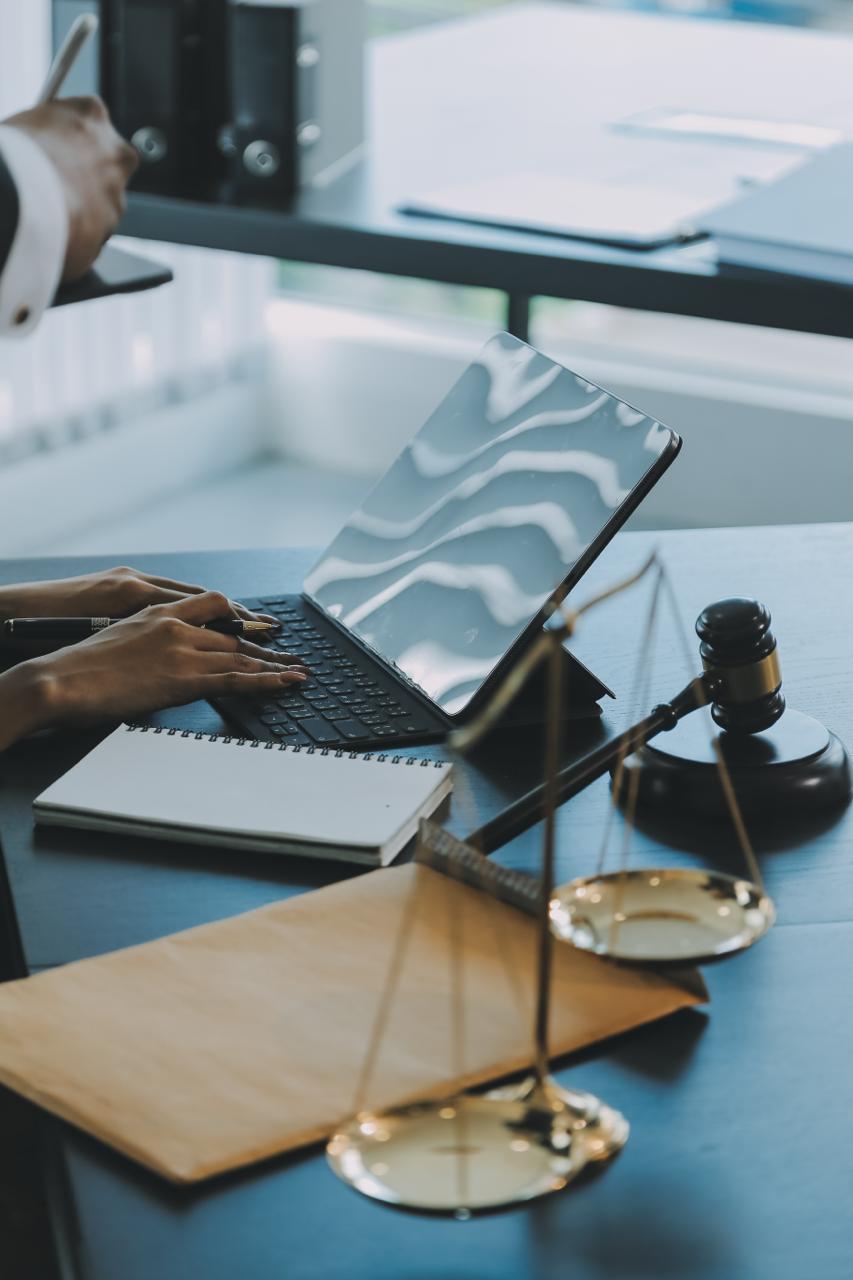The contract provides for the following: at whose expense and by whose forces the work is being done; whether the contractor has the right to involve subcontractors; the price of the contract; the procedure for checking the progress and quality of work by the customer; the contractor’s obligation to eliminate the shortcomings of the work performed at his own expense, etc.
Our experienced lawyers will guide you on the terms of the software development agreement.
Since a computer program is an object of intellectual property and copyright, in relation to the disposal and transfer of software to the customer, it is necessary to use the provisions on the disposal of the exclusive right.
What disputes may arise under license agreements and software development agreements
Most often, disputes are related to the quality of the work performed: the elimination of deficiencies within the agreed time frame, timely software improvements and collection of payment for the work performed.
Disputes under contracts are resolved in a mandatory pre-trial procedure, usually a claim procedure, unless a different procedure is provided for in the contract.
When a dispute is considered in court, the court analyzes the contract for compliance with legal requirements. When a software development license agreement does not meet, for example, the requirements for such an agreement, the court will refuse to resolve the dispute. Our lawyers will study all the documents, advise you on possible prospects for resolving the dispute and represent your interests in court and other government agencies.















